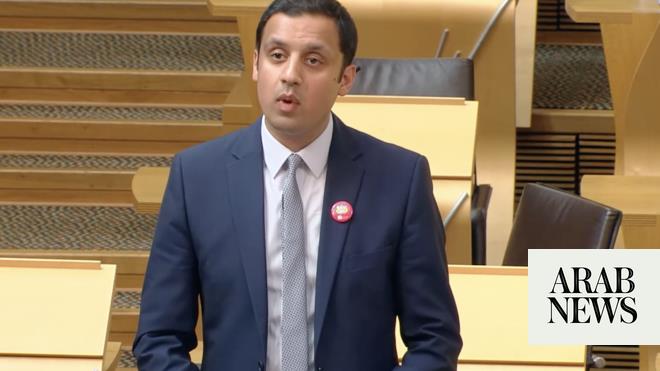
Labour has called on the government to pause the introduction of a bill to restrict prosecutions of torture and war crimes against British soldiers serving abroad amid warnings from campaign groups it breaches human rights law.
John Healey, the party’s shadow defence secretary, wrote to his counterpart, Ben Wallace, arguing the legislation undermines “the history and rules-based international order that Britain has sought to construct and maintain”.
The overseas operations bill, expected to be introduced in parliament next month, introduces a “statutory presumption against prosecution” after five years to apply to all forces personnel, including those who served in Iraq and Afghanistan.
It is intended to fulfil a Conservative election pledge to tackle “vexatious legal claims” that the party argues “have recently undermined our armed forces” – and was published for first reading in May at the height of the coronavirus crisis.
By including torture and war crimes as offences that would be covered by effective amnesty, Healey said the legislation was at odds with the Geneva conventions covering humane behaviour in war and broke the UN convention against torture.
“This clearly creates the risk that serious violations could go unpunished,” Healey wrote, “if an incident does not come to light for five years or if investigations are drawn out beyond that deadline.”
Last month, Wallace was ordered by a court to explain why the government withheld evidence suggesting SAS soldiers may have executed 33 civilians in Afghanistan in a series of raids in Helmand province in early 2011. One incident, involving the deaths of four men in one family, was described as “the latest massacre!”.
But although the cases were investigated by military police, forming part of the now-disbanded £10m Operation Northmoor investigation, none have resulted in prosecutions . Civil cases are still being pursued in court amid accusations of a “cover-up”, which is denied by the Ministry of Defence.
Dan Dolan, the deputy director of Reprieve, a human rights group, said he believed “this bill would effectively decriminalise acts of torture which took place more than five years ago”, ending a ban on the practice that dates back to 1640.
“Torture has been illegal in this country for more than three centuries,” he added.
Two MPs, Conservative David Davis and Labour’s Dan Jarvis, have brought a legal challenge against the government’s refusal to hold a judge-led inquiry into the involvement of British intelligence in torture and rendition following 9/11. A ruling is not due until autumn at the earliest.
During a preliminary hearing it emerged that 15 potential cases of torture or rendition involving British intelligence at the height of the “war on terror” were examined in a secret Whitehall review. None were deemed to require further examination, a form of words that did not rule out that torture or rendition had taken place.
Emma Norton, the director of the Centre for Military Justice, said she believed the bill was “on the face of it” a breach of the UK’s obligations under articles 2 and 3 of the European convention on human rights, which protect the right to life and ban torture respectively.
“Where there are credible allegations of torture, crimes against humanity or unlawful killing, there is an obligation on the state to properly and openly investigate. The concern is that this bill gives government the power to block investigations as long as five years have passed,” Norton said.
Ministers say the bill does not introduce an absolute bar on criminal prosecutions of torture or war crimes from over the five-year limit, saying they would be considered if new evidence emerges. But there has been considerable pressure from the Conservative backbenchers to halt prosecutions of veterans.
The bill does not cover British soldiers who served in Northern Ireland, but similar legislation has been promised to cover the time of the Troubles. About 900 cases involving 1,200 deaths still remain unresolved, nearly a third of which involve army personnel.
A handful of cases are gradually coming to trial, including the case of Soldier F, a former paratrooper who is accused of two murders during Bloody Sunday, when soldiers opened fire on civil rights demonstrators in Derry in January 1972, while other families want to see criminal actions pursued.
Labour said it wanted the overseas operations bill to be paused and referred to the defence select committee alongside the Northern Ireland promise “to submit this to the pre-legislative scrutiny it so clearly requires”.
An MoD spokesperson said the bill was intended to protect the military: “Pausing this bill will continue to leave our soldiers vulnerable to vexatious persecution. The way to demonstrate support for our armed forces is to make progress with this important legislation.”












